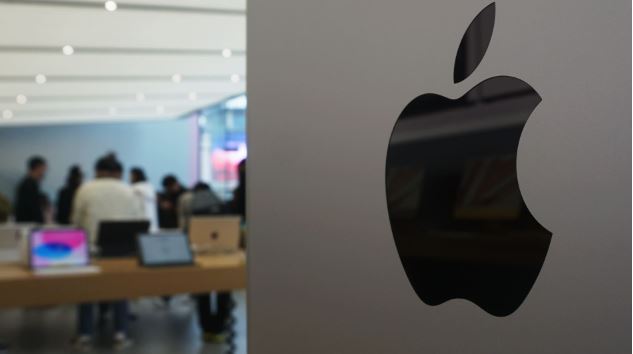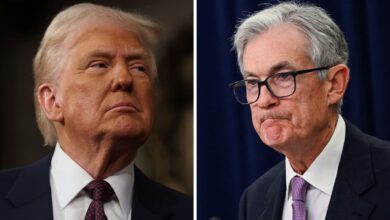EU Imposes a $2 Billion Antitrust Penalty on Apple for Market Misconduct

In a decisive move that underscores the European Union’s stringent stance on antitrust regulation, Apple Inc. has been hit with a monumental $2 billion fine. This penalty comes as a result of the tech giant’s alleged market abuses, marking a significant moment in the ongoing battle between regulatory bodies and the world’s largest technology companies.
The European Commission, the executive arm responsible for enforcing competition laws within the EU, concluded its investigation by stating that Apple had engaged in practices that stifled competition and harmed consumers. The specifics of the case revolve around accusations that Apple leveraged its dominant market position to unfairly disadvantage competitors, thereby limiting consumer choices and innovation in the technology sector.
Apple, known for its vast ecosystem of products and services, including the iPhone, iPad, and the App Store, has faced scrutiny over its business practices for years. The EU’s decision to impose such a hefty fine highlights the growing global concern over the power wielded by tech conglomerates and the potential for abuse of that power to the detriment of the marketplace.
The European Union has long been at the forefront of tech regulation, championing policies that aim to ensure fair competition and protect consumer rights. This latest action against Apple is part of a broader effort to rein in the influence of Big Tech companies, which also includes ongoing investigations into other industry giants such as Google, Amazon, and Facebook.
In response to the fine, Apple has expressed its intention to appeal the decision, arguing that its practices are designed to safeguard privacy, security, and quality for its users. The company asserts that the EU’s actions could undermine innovation and disrupt the seamless experience that customers have come to expect from Apple products.
As this legal battle unfolds, it will be closely watched by industry observers, regulatory bodies, and other tech companies. The outcome could have far-reaching implications for how digital markets operate, setting a precedent for the regulation of technology firms worldwide.
The EU’s firm stance against Apple not only underscores the importance of competition law in the digital age but also signals a commitment to holding even the most powerful companies accountable for their actions in the marketplace.





